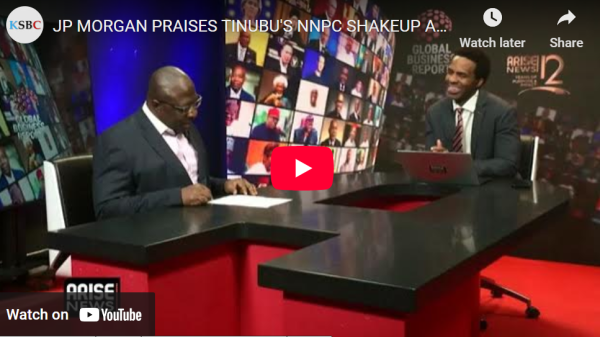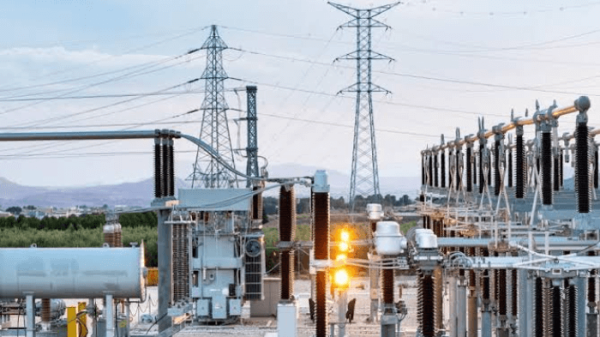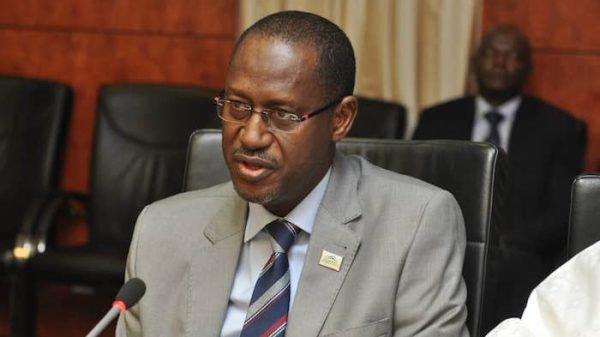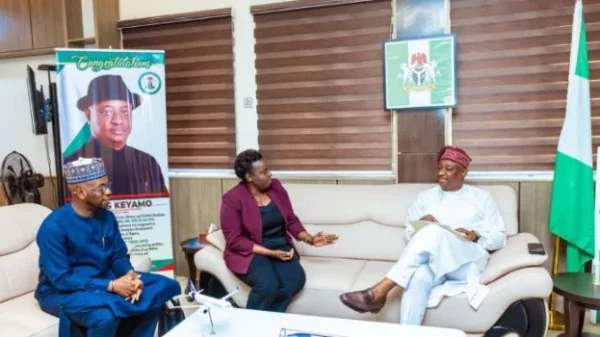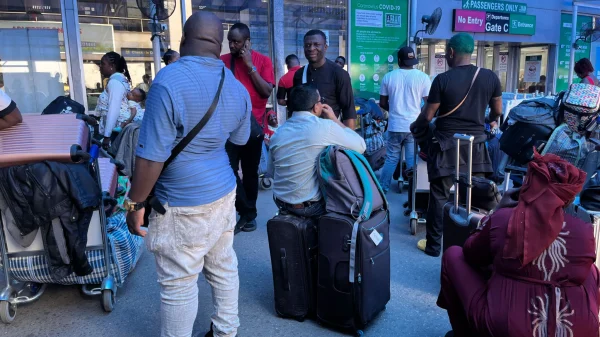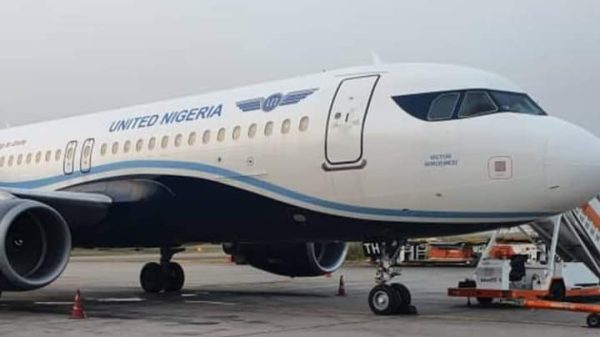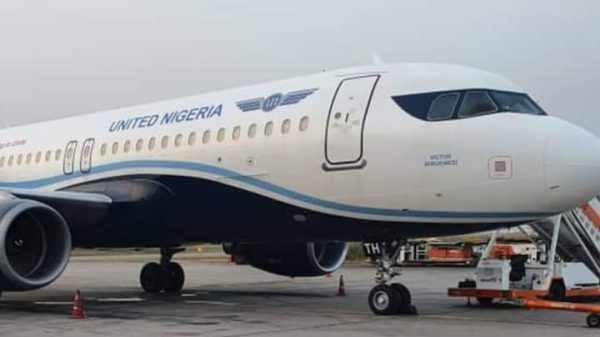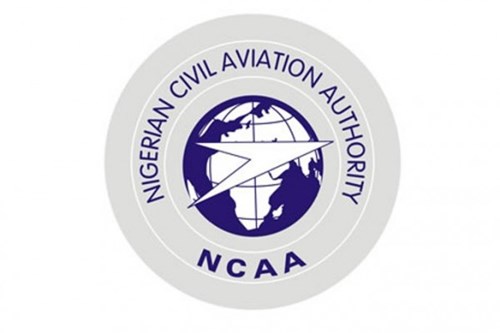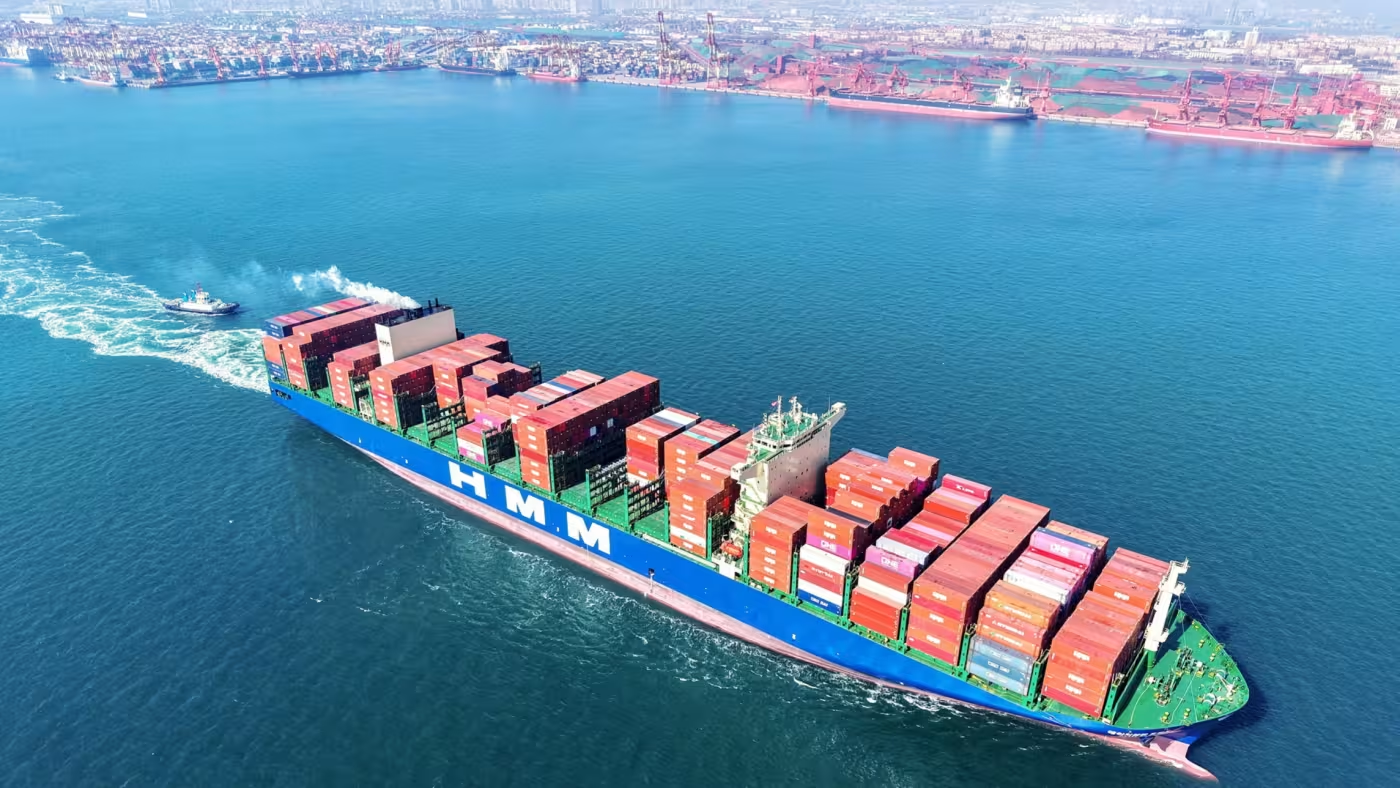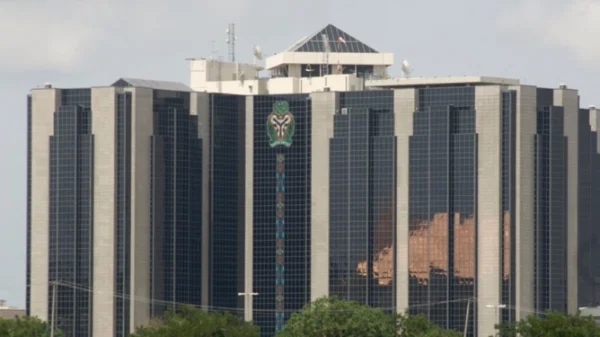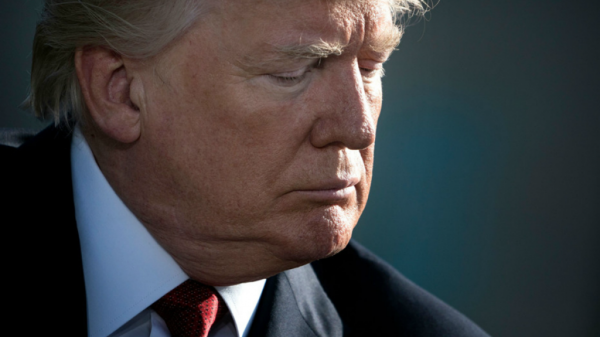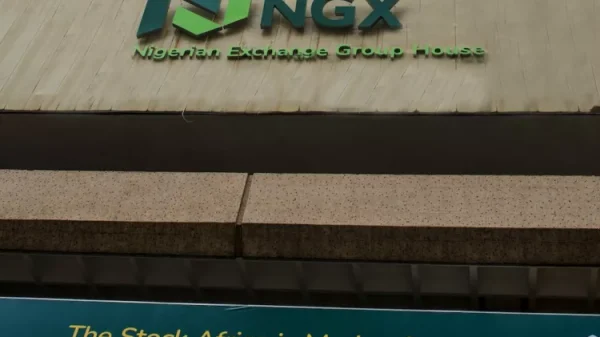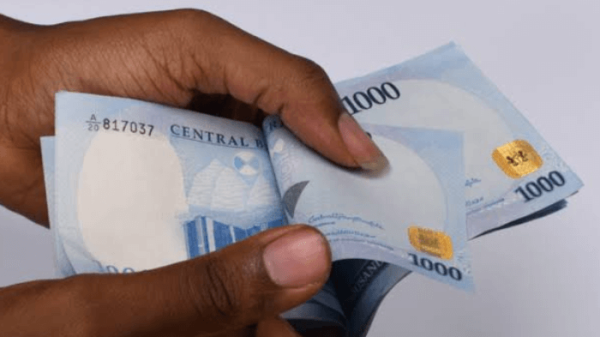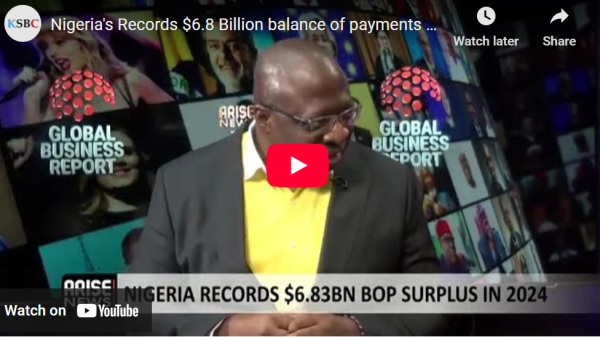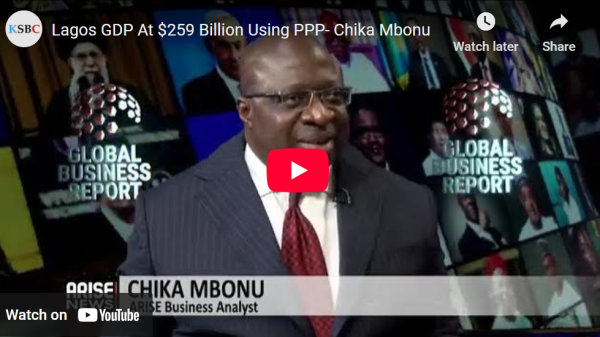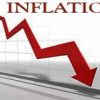The World Bank’s Regional Vice President for Western and Central Africa, Ousmane Diagana, will arrive in Nigeria on April 14 for a four-day visit aimed at reinforcing the development lender’s long-standing partnership with Africa’s most populous nation.
The visit comes at a critical time for Nigeria’s economy, as policymakers grapple with inflationary pressures, weakened local currency, energy deficits, and rising unemployment.
Diagana is expected to meet with Vice President Kashim Shettima and top cabinet ministers to reaffirm the World Bank’s support for key national priorities, including job creation, economic growth, and investments in human capital.
According to a statement from the World Bank, Diagana will hold bilateral meetings with Wale Edun, Finance Minister and coordinating minister of the economy as well as other key economic figures, including ministers responsible for Budget and Economic Planning; Power; Humanitarian Affairs; Health; and Communications and Digital Economy.
He will also hold a special roundtable focused on energy sector financing. The roundtable will seek to explore pathways for unlocking private capital into one of Nigeria’s most investment-starved sectors.
With over $16 billion currently committed across 28 active projects in Nigeria—largely through concessional funding from the International Development Association (IDA) and the International Bank for Reconstruction and Development (IBRD)—the World Bank remains one of Nigeria’s most significant development partners.
Diagana’s itinerary also includes outreach beyond Abuja’s political corridors. He will engage with students and academic stakeholders to discuss the future of development in Nigeria and how the World Bank can expand citizen engagement.
He is also scheduled to meet Uba Sani, Kaduna state governor, and tour World Bank–financed project sites to assess progress and interact with beneficiaries.
The World Bank has been deeply involved in supporting Nigeria’s efforts to tackle its most pressing development challenges—from expanding access to essential services, reliable power, and quality healthcare and education, to advancing women’s economic empowerment and driving improvements in agriculture and food security.




